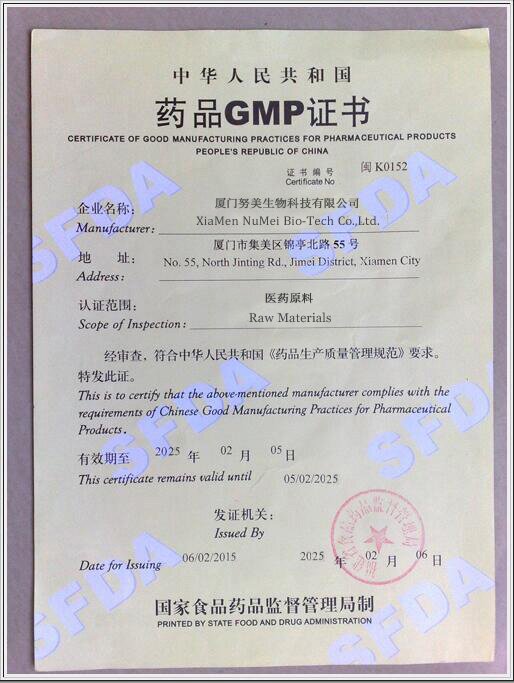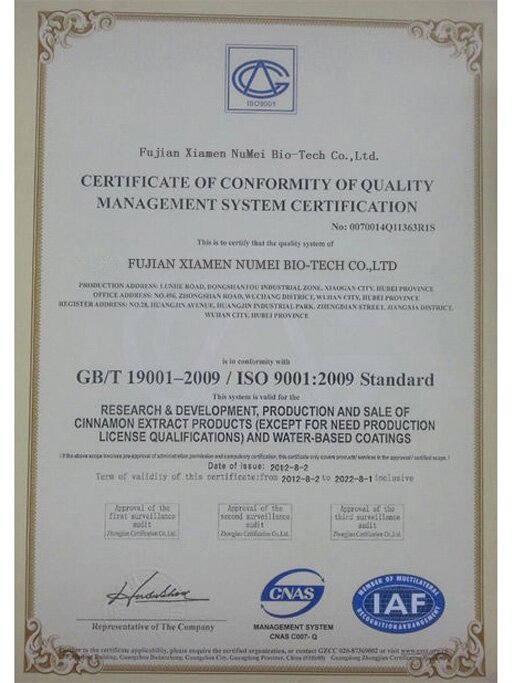-
Product Categories
-
Contact Us
No. 902, Jilong Road, Jimei District, Xiamen, Fujian, China.
Contact Person: Sara
Job Title: Sales Manager
Email: [email protected]
Contact Person: Michal
Job Title: Sales Manager
Email: [email protected]
What the benefits of increasing your testosterone?
1. Healthy heart and blood
A healthy heart pumps blood to the rest of the body, providing muscles and organs with the oxygen needed for peak performance. Testosterone helps red blood cell production through the bone marrow. Low testosterone levels are linked to a variety of cardiovascular risks.
But can testosterone replacement therapy help with heart disease? Study results are mixed. Small studies in the early 2000s found that men with heart disease who underwent testosterone therapy saw only slight improvements. Some were able to increase their walking distance by 33 percent. Another study found that hormone therapy only widened healthy arteries but had no effect on angina pain.
A more recent, larger study of 83,000 men found that men whose testosterone levels returned to normal were 24 percent less likely to have a heart attack and 36 percent less likely to experience a stroke.
2. Less fat, more muscle

Testosterone is responsible for increased muscle mass. Leaner body mass helps control weight and increases energy. For men with low testosterone, studies show that treatment can decrease fat mass and increase muscle size and strength. Some men reported a change in lean body mass but no increase in strength. It’s likely you’ll see the most benefits when you combine testosterone therapy with strength training and exercise.
3. Stronger bones
Testosterone plays a huge role in bone mineral density. Bone density decreases as men age and testosterone levels drop. This raises the risk of weak bones and osteoporosis. Strong bones help support your muscles and internal organs, which can boost athletic performance.
Research shows that bone density increases with testosterone treatment as long as the dose is high enough. Clinical trials on the effect of testosterone on bone density found increases in spinal and hip bone density. Another study of females transitioning into males found that testosterone increased bone mineral density. But it’s unknown if testosterone can help with reducing fracture risk.
4. Better verbal memory, spatial abilities, or mathematical reasoning
Research shows that men with higher ratios of total testosterone have a reduced incidence of Alzheimer’s disease. There’s also evidence for a strong correlation between testosterone and thinking abilities such as verbal memory and faster processing speed. Testosterone treatment for men 34 to 70 years old has shown an improvement in spatial memory.
5. Better libido
Testosterone levels naturally rise in response to sexual arousal and activity. Men with higher levels of testosterone usually have greater sexual activity. Older men need more testosterone for libido and erectile function. But it’s important to note that erectile dysfunction is often due to other conditions or medications rather than low testosterone levels.

Studies show that testosterone therapy can benefit your sexual health and performance. It also shows that there is a maximum level of testosterone before there’s no increased response. For men who don’t have hypogonadism, increasing your testosterone may not benefit your libido.
6. Improved mood
Lower testosterone levels are associated with poorer quality of life. Some of the symptoms of low testosterone levels include depression, fatigue, and irritability. But some research shows that this may only be for men with hypogonadism. Men whose bodies follow the normal decrease of testosterone over time didn’t show an increase for depression.
The effects of testosterone replacement therapy on mood can vary. Men with hypogonadism reported improved mood and well-being, and reduced fatigue and irritability. Research suggests that this treatment may also be an effective anti-depressant treatment.
CATEGORY AND TAGS:


